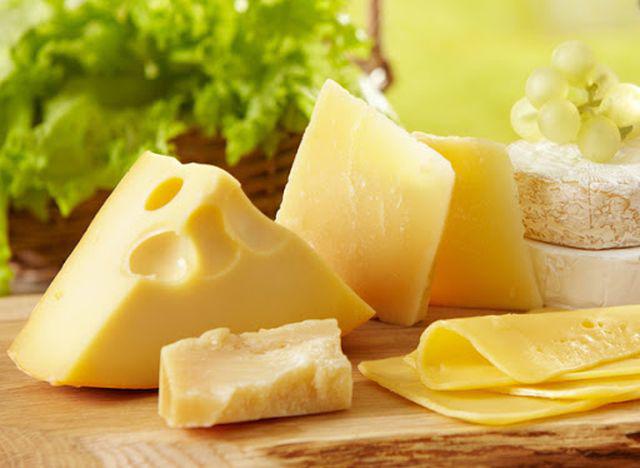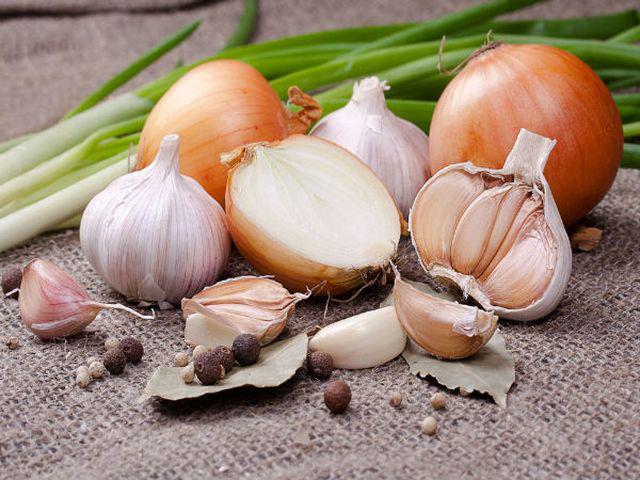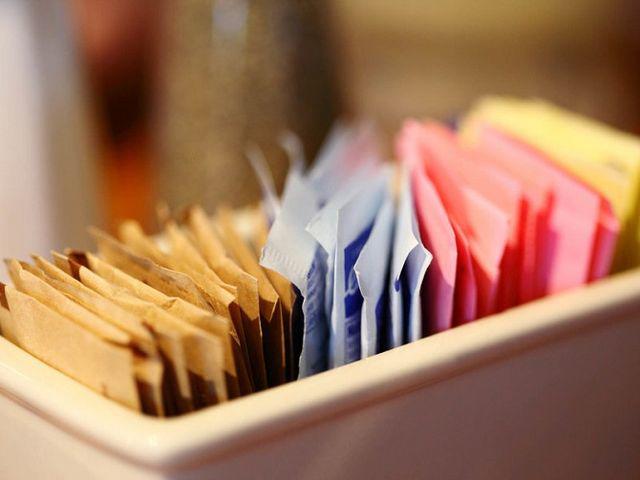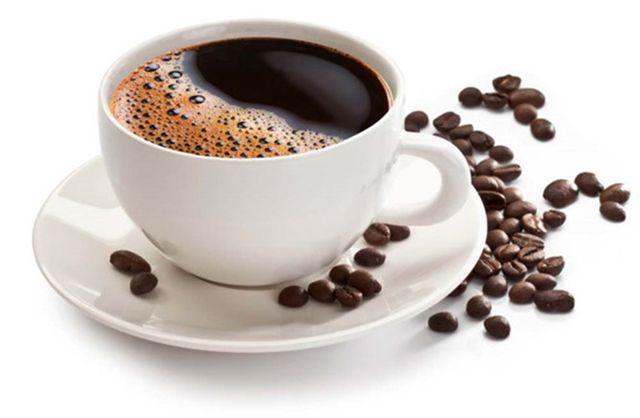Stomach disease: 5 types of food are "killer" with the digestive system, people with stomach disease should not eat rabid
People with gastrointestinal disease and stomach should pay attention to diet to avoid making the condition worse.
Especially for people with poor digestive function, eating these foods will cause digestive tract damage, imbalance of the bacterial environment in the intestinal tract, which is not good for physical health.
According to Dr. Benjamin Krevsky, MD, director of the Center for Gastrointestinal Endoscopy and other professors at Temple University, Philadelphia, the following five foods are recognized as "killers" of the gastrointestinal tract, eat as little as possible.
1. Foods that contain saturated fatty acids

Many people like to eat foods high in saturated fat like butter, cream, red meat, and cheese. However, after consuming these foods, harmful bacteria can multiply in the intestinal tract. Because the bacteria in foods rely primarily on fat for nutrition, bile secretions are secreted to digest fat, but these bacteria will use bile fluid as nutrition.
Therefore, regularly eating foods high in saturated fat will stimulate the growth of a large number of bacteria in the bile, thereby causing colitis. Therefore, in the daily diet, it is recommended that people should limit saturated fat. Under normal circumstances, calories from saturated fat should be less than 7%.
2. Onions and garlic

Although onions and garlic have antiseptic effects, they contain large amounts of fructans that can cause indigestion and increase the risk of irritable bowel syndrome. Bacteria in the large intestine and colon can ferment low-chain carbohydrates, creating large amounts of gas, which can cause abdominal pain and bloating. Try not to use too much garlic and onions to cook in daily life, especially for those with poor digestive tract.
3. Artificial sweeteners

Artificial sweeteners that contain large amounts of low-chain and short-chain carbohydrates have certain permeability, which will increase the moisture in the intestine and cause diarrhea. The common artificial sweetener is sorbitol or mannitol, which is a calorie-free food. The body does not digest artificial sweeteners like nutrients, so too many artificial sweeteners can easily cause bloating. In addition, after drinking artificial sweeteners, the stomach is uncomfortable. Some sweeteners are commonly found in chewing gum and processed foods.
4. Alcohol

If you feel nauseous after drinking alcoholic beverages, this can make you sick, tired, very toxic to the stomach lining and alter the metabolism of the liver. Drinking too much can cause indigestion and some other health problems. Controlling yourself is the key to your health.
5. Caffeine

Caffeine stimulates the functioning of the digestive system, makes food move faster through the system, and the excess can cause diarrhea for anyone. So if you already have diarrhea, caffeine will only worsen your digestive problems. Keep in mind that tea, soda and chocolate are also other sources of caffeine, so stop using them until your digestive problems are over.
Advice
- If you want to maintain good health, the most important thing to pay attention to when choosing food, should eat fresh foods, hygienic, avoid mold and expired foods.
- People with poor digestive function need to do a good job nourishing the stomach. Recommend that people can eat pumpkin porridge or millet porridge to protect the stomach lining.
- In addition, need to eat on time, while eating need to chew slowly, to avoid eating too full. Also do not eat junk food, do not eat hot spicy food.
VACXIN VIETNAM JOINT STOCK COMPANY
Certificate of Business Registration No. 0107631488 by the Department of Planning and Investment City. Hanoi issued on 11/11/2016
Address: 180 Truong Chinh, Khuong Thuong Ward, Dong Da District, City. Hanoi
Mail: info@mode.edu.vn
Hotline: 028 7300 6595
Working time: From Monday to Sunday
From 7:30 - 17:00 (no lunch break)
117-119 Ly Chinh Thang, Ward 7, District 3, City. Ho Chi Minh